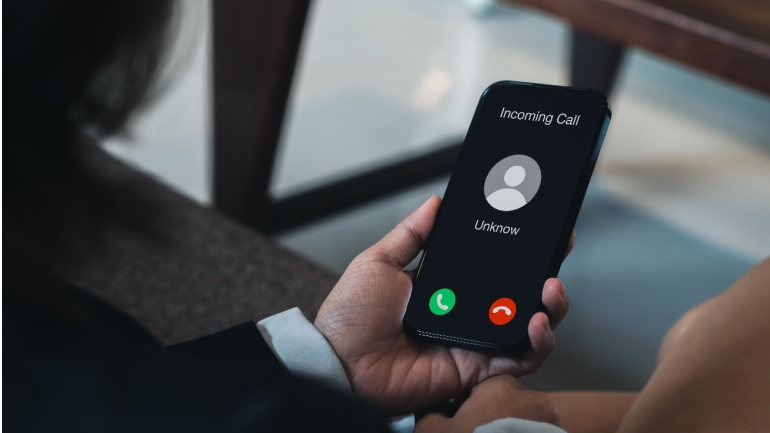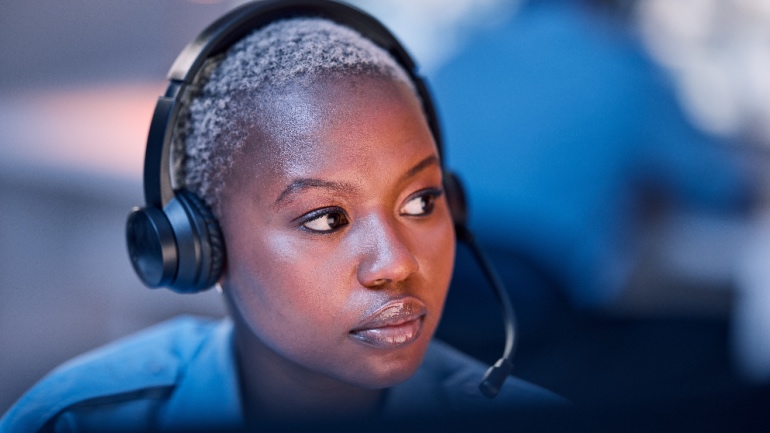The Federal Communications Commission (FCC) has proposed new rules for AI-generated robocalls and texts. Aiming for transparency, the FCC mandates prior consumer consent and clear AI-generated disclosure for each message. This initiative seeks to protect consumers from scams while exploring AI’s positive applications, such as aiding people with disabilities.
NICE has expanded its collaboration with AT&T to boost the capabilities of emergency communications centers by developing a unified incident capture solution for AT&T NG9-1-1 technologies. Showcased at APCO 2024, this partnership aims to revolutionize public safety by enabling 9-1-1 centers to utilize real-time VoIP data for smarter decisions and improved response times.
8×8 has launched AI-enhanced features for its cloud contact center and unified communications platform. These new capabilities focus on improving customer satisfaction by enhancing self-service and enabling agents to handle complex queries effectively. However, delays in feature rollouts could harm 8×8’s competitive position and market reputation.
Verizon Business 2024 Mobile Security Index unveils rising cybersecurity threats from mobile and IoT devices. With 95% of businesses actively using IoT, security concerns have intensified. The report emphasizes the need for enhanced mobile security, especially in critical sectors. Investing in advanced cybersecurity solutions is crucial as IoT becomes more integral to business operations.
DIDWW has launched outbound SIP trunking in China, providing local call termination services in 50 countries. This expansion boosts DIDWW’s global voice service reach, offering high-quality local routes. Businesses can enjoy seamless, efficient, and reliable two-way voice services. To activate SIP trunking, contact DIDWW sales for more details.
Enreach UK has launched Enreach Contact Anywhere, a Fixed-Mobile Convergence (FMC) solution that integrates fixed-line and mobile services. By using one number and one device, this innovative solution addresses the increasing need for efficient mobile usage within businesses, boosting productivity and simplifying professional communications across various industry sectors.
The UK Competition and Markets Authority has extended the deadline for its £15 billion Vodafone-Three merger investigation to 7 December. This delay highlights the broad scope and technical complexity of the inquiry. Vodafone-Three merger promises significant benefits, such as enhanced competition and transformation of the UK’s digital infrastructure.
Snom has partnered with Cal4Care to expand its reach in Singapore, Malaysia, and Thailand. This strategic collaboration aims to deliver high-quality VoIP solutions to new markets. By leveraging Cal4Care’s extensive network and expertise, Snom is poised for significant growth and enhanced customer experiences across these regions, ensuring mutual success.
Reinvent Telecom has launched MyCloud UCaaS, a robust unified communications platform aimed at boosting revenue for its reseller partners. President Bill Bryant emphasizes its focus on empowering partners with reliable, feature-rich solutions. MyCloud UCaaS offers cloud-based services like voice-to-text voicemail, call management, and integration with Microsoft Teams, revolutionizing VoIP communications.
Airalo is the world’s first eSIM store for travelers who’ve faced the wrath of exorbitant roaming charges. With Airalo, you can download and install a digital data pack from over 200 countries and regions, ensuring you’re connected the second you land.













